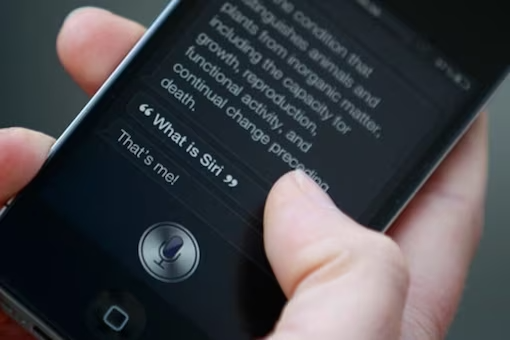Apple is eager to venture into the AI domain with a distinctive and user-protective approach. How does this strategy unfold, and when can we expect it to take effect?
Apple is set to step into the world of AI in a significant way this year. The much-anticipated reveal might happen during the WWDC 2024 keynote in June. Apple is known for keeping its major developments low-key, and this approach is expected to continue with its venture into AI.
Apple is said to be developing its own advanced large language model (LLM) named AppleGPT, setting the stage for competition with ChatGPT and other similar models. However, Apple is known for thorough preparation before entering any competition.

AppleGPT is anticipated to highlight on-device capabilities for iPhones and iPads right from its launch. Additionally, reports suggest that Apple plans to integrate AI tools directly into its audio and video platforms, eliminating the need for users to rely on third-party AI tools.
The success of Apple’s AI plans, particularly the rumored Siri 2.0, will be intriguing to observe. With on-device processing expected to play a crucial role, this approach could enhance the performance of Apple’s AI assistant, potentially making it more successful than its predecessors. Users might experience these advancements with the upcoming iOS 18 release for iPhones later this year.
While on-device AI processing has been a topic of discussion, Apple recognizes the need for strategic moves in the AI space. Timing is crucial, not just for consumer adoption but also to garner support from developers. Apple aims to provide impetus for both users and developers in this competitive AI landscape.
Apple, known for prioritizing privacy, is poised to achieve another milestone by processing AI data on the device itself. This move not only enhances user confidence in utilizing AI tools but also addresses concerns related to data privacy associated with AI processing.
